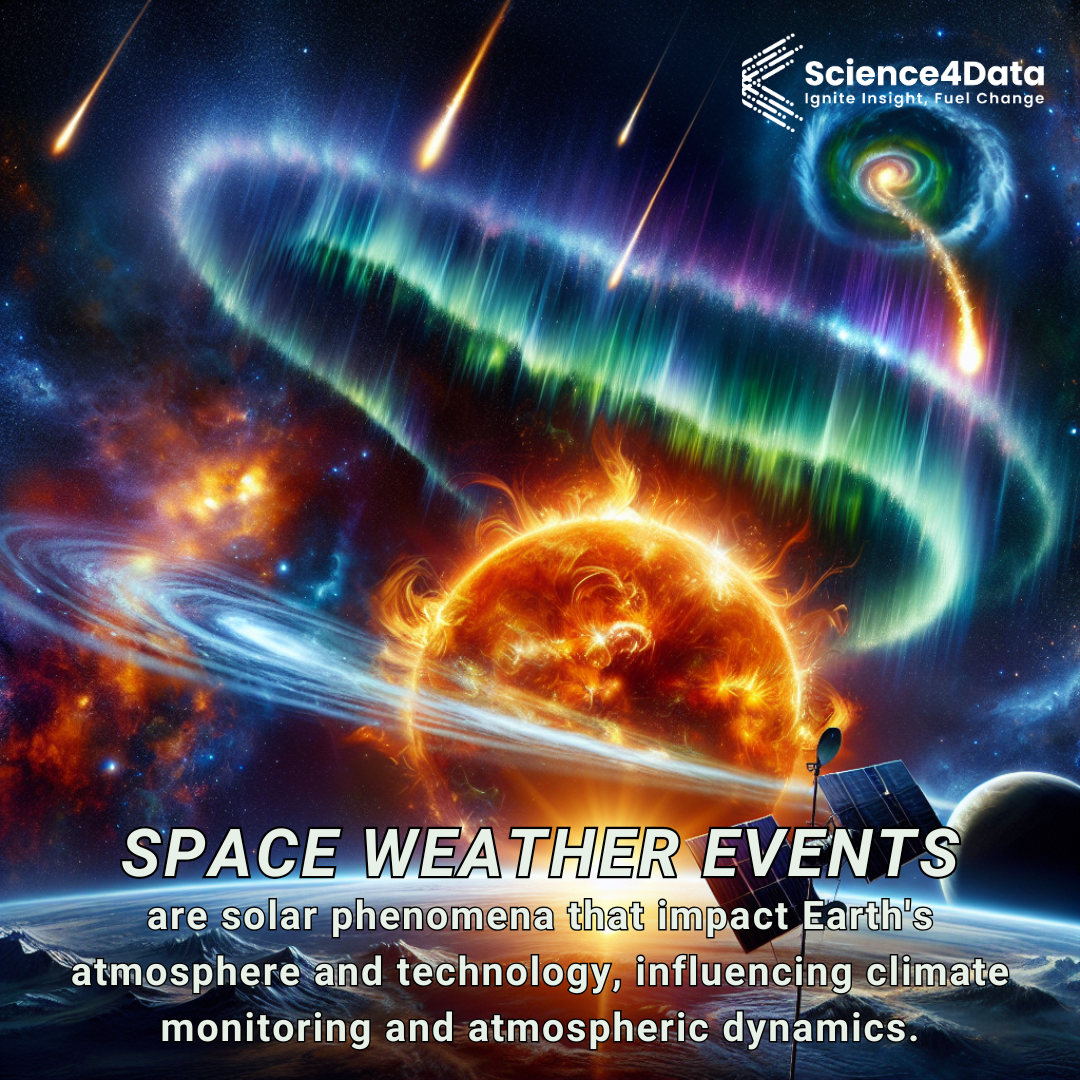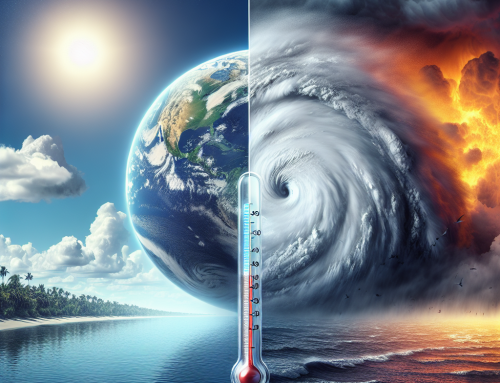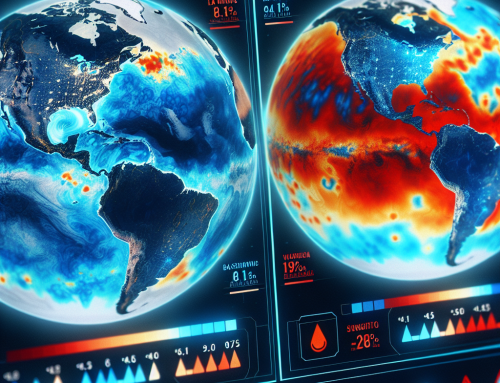
This week’s Climate Change Poster Collection highlights Space Weather Events. Cosmic radiation and solar flares are just a few examples of space weather events that could potentially have a profound effect on Earth’s climate. These events, originating from the Sun and other cosmic bodies, send a stream of charged particles hurtling through space, which can interact with our planet’s magnetic field and atmosphere. This interaction can potentially disrupt and modify Earth’s atmospheric conditions, influencing our global climate.
One of the most significant ways space weather might affect our climate is through variations in solar radiation levels. The Sun, a constant source of energy for our planet, does not always emit the same amount of radiation. Changes in the Sun’s activity, such as solar flares or periods of quiet, can cause fluctuations in the amount of solar radiation that reaches Earth. These fluctuations can, in turn, alter the temperature of Earth’s atmosphere, thereby contributing to potential climate change.
Another important aspect to consider is the role of the ozone layer in governing Earth’s climate. This layer, located in the Earth’s stratosphere, absorbs a large part of the Sun’s harmful ultraviolet radiation. However, certain space weather events can influence the function of the ozone layer. Changes in the ozone layer’s composition or density can have far-reaching effects on our planet’s climate, as it can alter the balance of absorbed and reflected solar radiation.
In addition, climate change research and surveillance heavily rely on satellite data collection, which can be impacted by solar storms. These storms can disrupt or damage our satellites, potentially compromising the data they collect and transmit. This emphasizes the need to understand and predict space weather events to ensure the accuracy and reliability of climate change research.
The relationship between space weather events and climate change is a complex one, but understanding it can help improve the accuracy of climate models and forecasts. By incorporating data on space weather events into these models, scientists can refine their predictions and provide more accurate forecasts.
There is also growing evidence to suggest that solar flares and other space weather events may indirectly contribute to global warming by affecting Earth’s climate. This potential influence of space weather on Earth’s climate underscores the need for ongoing research in this area.
Predicting and understanding climate change can be significantly enhanced by studying the impacts of space weather events. While space weather is just one of many factors that influence Earth’s climate, its potential impact cannot be ignored. As we continue to study and understand these phenomena, we can better prepare for and mitigate the effects of climate change.
Discover an inspiring collection of climate change poster.






